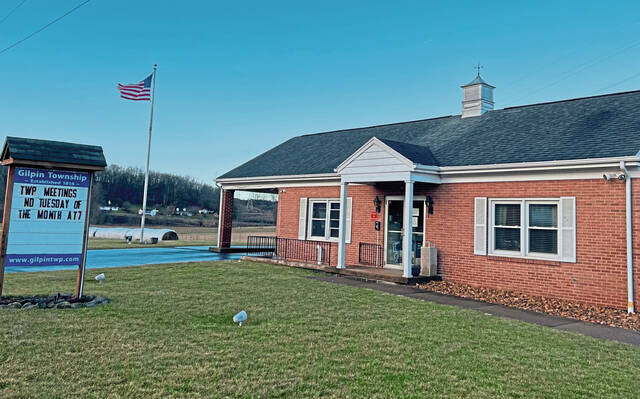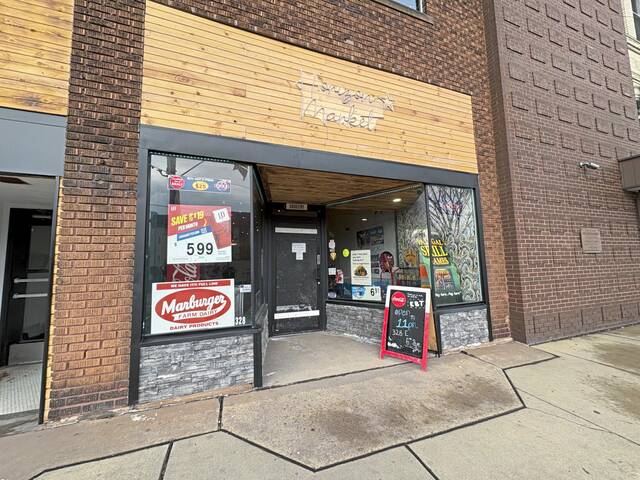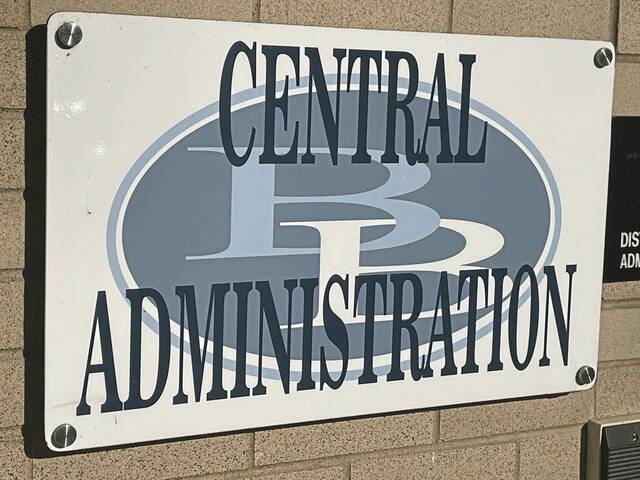Ten years ago, Jean Diesch finally got the answer she had been looking for after suffering for years from chronic pain and fatigue.
Diesch, then in her early 50s, was diagnosed with a form of a rare blood cancer called a myeloproliferative neoplasms — or MPN for short — that causes a person’s bone marrow to not function properly.
Because the cancer is so rare — only about 200,000 in the United States have been diagnosed — it took years for Diesch to be taken seriously by doctors and referred to specialists who could help her.
“We don’t look sick,” said Diesch, of Richland Township. “Most of the time, they don’t understand that we are really sick.”
Diesch suffers from joint pain, bone pain, itching of the skin, mind fog and insomnia, among other symptoms, which can often be confused for other diseases or simply brushed off as symptoms of growing older.
“Overall, our whole system is just completely worn down,” she said. “At one point in time, I lost so much weight that, if I sat in a chair, my bones would hurt.”
Diesch now takes a daily medication that has significantly improved her symptoms. She’s hopeful it will continue to provide her relief, but there aren’t any guarantees.
That’s because the disease progresses differently for almost every patient and it’s hard to predict what’s next.
Dr. James Rossetti, UPMC Hillman Cancer Center hematologist, said symptoms and progression of MPNs vary from person to person. He said one of the telltale signs of a MPN is an abnormal count of either red or white blood cells.
“The treatment for these diseases is highly variable,” he said. “By-and-large, most patients will need treatment at some point.”
Treatments range from simply managing symptoms to oral medications to a bone marrow or stem cell transplant if the disease progresses into leukemia.
Since getting her diagnosis, Diesch is using her experience to help others who find themselves with a similar condition, guiding them through their treatment options with a support group she founded.
Rossetti works with Diesch on her treatment and also attends support group meetings to answer questions and provide resources.
“Things like Jean is doing with this support group, they really do help each other out tremendously,” Rossetti said.
Churchill resident Monica Fisher, 58, said finding Diesch has provided her not only help through the support group, but also a new friend.
“She really takes everyone’s situation to heart,” Fisher said. “She does whatever she can for every person in the group.”
Fisher was diagnosed more than 30 years ago and recently completed her second stem cell transplant treatment. She said the treatment was successful and she’s now considered cancer free.
“Now, I can help some of the other people in the group,” she said.
Mike Epitropoulos, 51, of Pittsburgh’s Regent Square neighborhood, has attended Diesch’s support group for years. He was diagnosed nearly 20 years ago.
“Jean was very good in terms of providing immediate local and relevant information about options,” Epitropoulos said.
Epitropoulos teaches a medical sociology class at the University of Pittsburgh, where Diesch serves as a guest speaker about her experience and the power of support groups. The pre-med students who take the class also attend the support group to see how important it is for doctors, patients and caregivers to come together.
“It almost becomes a family,” he said of the support group. “There’s a nice bond that’s there.”
Diesch is involved in many other organizations outside of the support group, including working with the Cleveland Clinic and the MPN Research Foundation. She recently received an award from “Cure” magazine, the MPN Hero Award, for the work she has done to connect people across the country and even the world.
Despite all the recognition, Diesch said there’s really one reason she’s become such an advocate and ambassador for MPN patients.
“I do this because, if I don’t talk about it, I don’t reach out to other patients, then we’re not going to find a cure,” she said.
Emily Balser is a Tribune-Review staff writer. You can contact Emily at 724-226-4680, emilybalser@tribweb.com or via Twitter @emilybalser.








